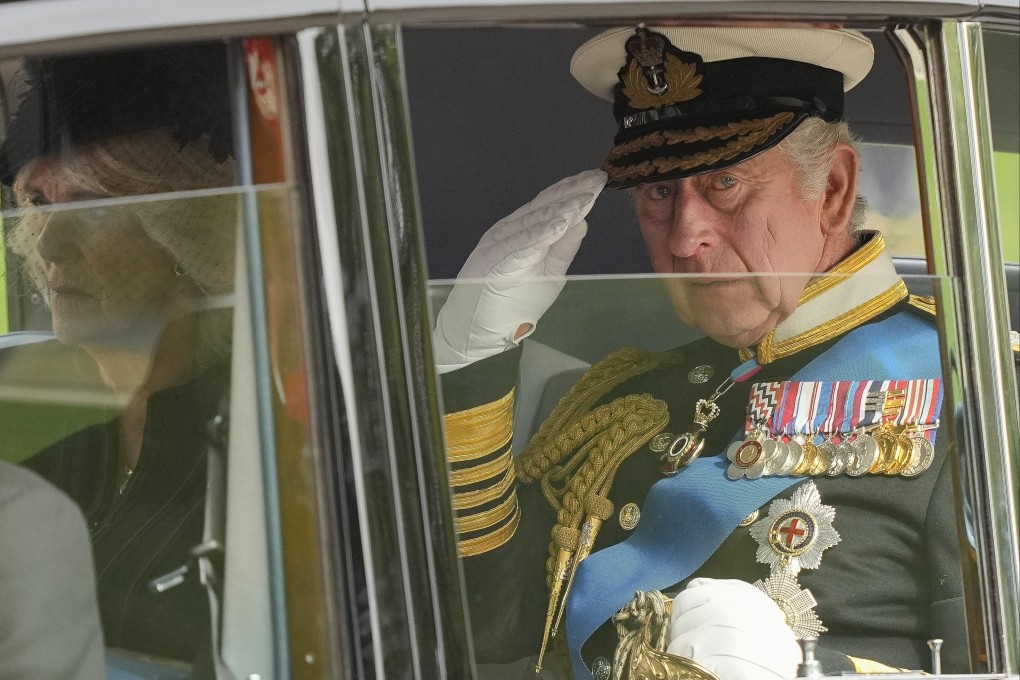My Take | The tainted records of Queen Elizabeth
- Charles has hinted he will be nothing more than a ceremonial king, perhaps remembering the dodgy role he had played in the palace coup his late mother Queen Elizabeth had allegedly sanctioned in the dismissal of Australian Labor prime minister Gough Whitlam and the collapse of his government in 1975

In his long previous life as a prince, Charles exploited the ample opportunities his privileged position afforded him to promote various, often quixotic, causes dear to his heart – including horror of horrors, the defence of fox hunting.
In his first speech as king, Charles gave assurances that he would now accept political neutrality completely. “My life will of course change as I take up my new responsibilities,” he said. “It will no longer be possible for me to give so much of my time and energies to the charities and issues for which I care so deeply.”
As the new king, he will not intervene in anything, promising to not even attend the upcoming COP27 climate summit, on Prime Minister Liz Truss’ “advice”. She obviously wants to make sure he is kept in his place and keeps his mouth shut.
Though her representatives made sure she had full deniability, Charles’ late mother, Elizabeth II, played a dodgy role in the dismissal of Labor prime minister Gough Whitlam by her in-country representative, then governor-general Sir John Kerr. In the days of empire, Kerr would have been called the queen’s viceroy. Often described as the country’s worst constitutional crisis, its consequences have been far-reaching, to this very day, not only for Australia but the world at large, as we shall see.
Compromising details about Buckingham Palace’s role in the sorry affair have only recently come to light. But if you want to understand the dirty politics of the Commonwealth, Australia’s role in the so-called Five Eyes Anglo-American intelligence-sharing network, and how the country became a vassal state of the United States insofar as its foreign and defence policies are concerned, an understanding of the collapse of – some may even call it literally “a palace coup” against – the Whitlam government is indispensable.
But who was Whitlam? A Labor Party leader and prime minister who won the 1972 election with 53 per cent of the vote, he withdrew Australia’s last troops from Vietnam; openly criticised the administration of Richard Nixon, especially its deliberate bombing of Vietnamese civilian areas; and tried to pursue a non-alignment policy away from Washington. He also threatened to shut down the Pine Gap spy base in Alice Springs, which was jointly operated with the Central Intelligence Agency. Netflix has a whole spy series centred on the eponymous Pine Gap.

